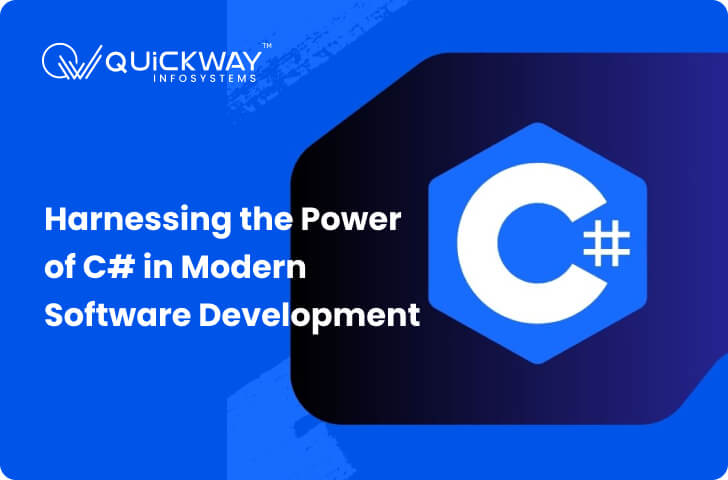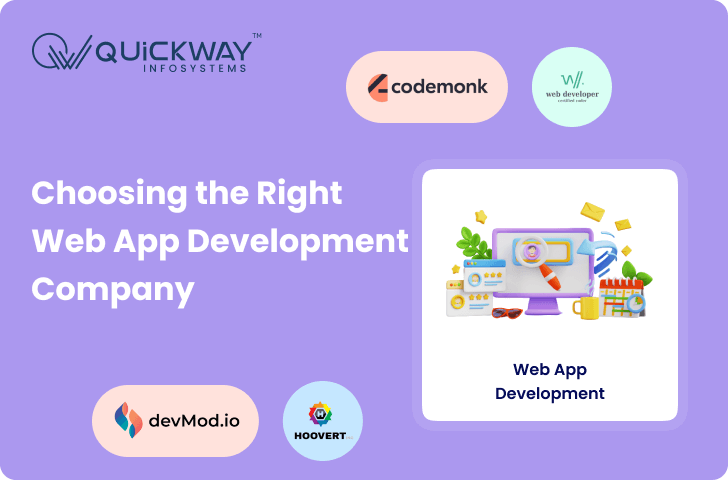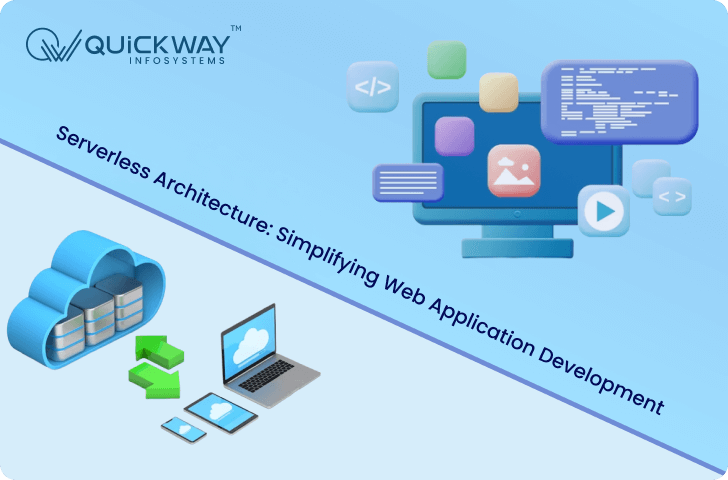Today’ world is fast-paced and interconnected, mobile app Development have revolutionized the way we interact, communicate, and access information. According to Statista, there were approximately 3.5 million apps available for download on the Google Play Store in the first quarter of 2023, while the Apple App Store boasted around 1.6 million apps during the same period. These staggering numbers highlight the growing significance of mobile apps in our daily lives.
As businesses and individuals seek to capitalize on the immense potential of mobile technology, choosing the right approach for app development becomes crucial. There are several options available, each with its own set of advantages and considerations.
In this blog post, we will dive into the three main approaches: Web apps, Hybrid apps, and Native apps. By understanding the differences between these approaches, you’ll be equipped to make an informed decision that aligns with your project goals, budget, and target audience.
Web apps:
Web apps are basically mobile-friendly versions of websites. They may be accessible online and do not need to be downloaded from an app store–Utilizing web technologies like HTML, CSS, and JavaScript, these applications are created.
Ready to kick start your new project? Get a free quote today.
Advantages of Web Apps:
- Cross-platform compatibility: Web apps can be accessed across various platforms, including iOS, Android, and Windows. They offer a wider reach and eliminate the need for separate development for each platform.
- Cost-effective development: Web apps require a single codebase, reducing development costs and time. Developers can leverage their existing web development skills to create web apps.
- Easy maintenance and updates: Web apps are updated on the server, allowing for instant updates without requiring users to download and install new versions. This makes maintenance and updates hassle-free.
- Wider accessibility: Web apps can be accessed instantly through a browser, eliminating the need for installations. Users can simply navigate to the app URL and start using it.
Considerations for Web Apps:
- Limited access to device features: Web apps have limited access to device hardware and APIs compared to native or hybrid apps. They rely on the capabilities provided by web browsers and may not have the same level of integration with device features.
- Reliance on internet connectivity: Web apps require a stable internet connection, and their performance may suffer in low or no connectivity scenarios. Certain functionalities may not work offline.
- Limited offline functionality: Web apps heavily rely on internet connectivity for data retrieval, which means they may have limited offline capabilities compared to native or hybrid apps.
- Discoverability challenges: Web apps lack the visibility offered by app stores, making it challenging to reach a broader audience. Users may need to discover the app through other channels like search engines or promotional efforts.
Ready to kick start your new project? Get a free quote today.
Hybrid Apps:
Hybrid apps combine elements of both web and native apps. They are developed using web technologies and then wrapped within a native container, allowing them to be deployed across multiple platforms. Popular frameworks for hybrid app development include React Native, Xamarin, and Ionic.
Advantages of Hybrid Apps:
- Cross-platform compatibility: Hybrid apps can be developed once and deployed on multiple platforms, reducing development time and cost. This allows businesses to reach a wider audience and target users on different platforms simultaneously.
- Access to native features: Hybrid apps can access device features through plugins or native APIs, providing a richer user experience compared to web apps. This enables developers to create app-like experiences while still utilizing web technologies.
- Faster development cycles: Changes and updates can be implemented across all platforms simultaneously, reducing development time and effort. Developers can leverage their web development skills and reuse code across different platforms.
- Utilization of web technology skills: Developers with web development skills can leverage their existing knowledge to build hybrid apps. This reduces the learning curve and allows for efficient utilization of resources.
Ready to kick start your new project? Get a free quote today.
Considerations for Hybrid Apps:
- Performance limitations: Hybrid apps may not match the performance of native apps for complex functionalities and animations. They rely on web views to render the user interface, which can result in performance bottlenecks for resource-intensive tasks.
- User experience inconsistencies: Achieving a consistent user experience across platforms can be challenging due to differences in UI components and interactions. Developers need to invest time and effort in ensuring a seamless experience across different devices and operating systems.
- Dependency on third-party frameworks: Hybrid apps rely on third-party frameworks and plugins, which may introduce limitations or compatibility issues. Developers need to choose reliable frameworks and stay updated with their releases to avoid potential problems.
Native Apps:
We develop native apps specifically for a particular operating system using the platform’s native programming languages and tools. These apps offer the best performance, seamless user experience, and access to device hardware and features.
Advantages of Opting for Native Apps:
- Optimal performance: Native apps leverage the full capabilities of the underlying operating system, resulting in high performance and responsiveness. They are compiled into machine code, which allows them to take full advantage of device-specific optimizations.
- Enhanced user experience: Native apps adhere to specific design guidelines and patterns of the target OS, delivering a seamless and intuitive user experience. They offer native UI components and interactions, making the app feel familiar and native to users.
- Access to device features: Native apps can access device-specific features like camera, GPS, contacts, etc., allowing developers to create rich and interactive experiences. This level of integration with the device hardware enables developers to push the boundaries of what the app can do.
- App store distribution: Native apps can be easily discoverable by users through platform-specific app stores. App stores provide a centralized marketplace for users to discover, download, and update apps, increasing visibility and accessibility.
Considerations for Native Apps:
- Development time and cost: Building separate apps for different platforms can be time-consuming and expensive, as it requires maintaining separate codebases. Native app development often requires specialized knowledge and expertise in platform-specific programming languages and frameworks.
- Skilled developers: Native app development requires expertise in platform-specific programming languages and frameworks. Hiring developers with the necessary skills can be more challenging and may require additional resources.
- Updates and maintenance: Any changes or updates need to be implemented separately for each platform, which can be cumbersome. Developers need to allocate time and resources to ensure the app remains up-to-date and compatible with the latest OS versions.
Ready to kick start your new project? Get a free quote today.
Conclusion – Mobile App Development
Choosing the right approach for Mobile application development is a crucial decision that requires careful consideration of various factors. At QWI, we understand the importance of creating a mobile app that aligns with your project goals, budget, and target audience.
Web apps offer broader accessibility and cost-effective development, making them an excellent choice for reaching a wide range of users. As a leading provider of mobile app development services, we can harness the power of web technologies to create user-friendly and accessible web apps that showcase your brand and deliver a seamless experience.
Hybrid apps strike a balance between cross-platform compatibility and native features. Our team of skilled developers specializes in hybrid app development, using frameworks such as React Native, Xamarin, and Ionic to create efficient and feature-rich apps that cater to multiple platforms. With our expertise, you can have a cost-effective solution that doesn’t compromise on user experience.
Native apps, on the other hand, provide the best performance, user experience, and access to device features. Our talented developers have extensive experience in building native apps for both iOS and Android platforms, ensuring that your app stands out in terms of performance, aesthetics, and functionality. We understand the intricacies of platform-specific programming languages and tools, allowing us to deliver exceptional results that exceed your expectations.
When making your decision, we encourage you to consider the trade-offs between development time, cost, performance, and user experience. Depending on your specific requirements, we can work with you to determine the best approach. Whether it’s a web app, hybrid app, or native app, we have the expertise and dedication to create a customized solution that meets your unique needs.
At Quickway Infosystems, we pride ourselves on delivering innovative and personalized mobile app development services. Our team is committed to staying updated with the latest trends and technologies, ensuring that your app remains at the forefront of the industry. With our partnership, you can embark on your Mobile app development company journey with confidence, knowing that you have a trusted and experienced team by your side.
Get in touch with us and let’s discuss how we can turn your app idea into a reality. Together, we can create a mobile app that not only reflects your brand but also captivates users, drives business growth, and leaves a lasting impression in the digital world.



